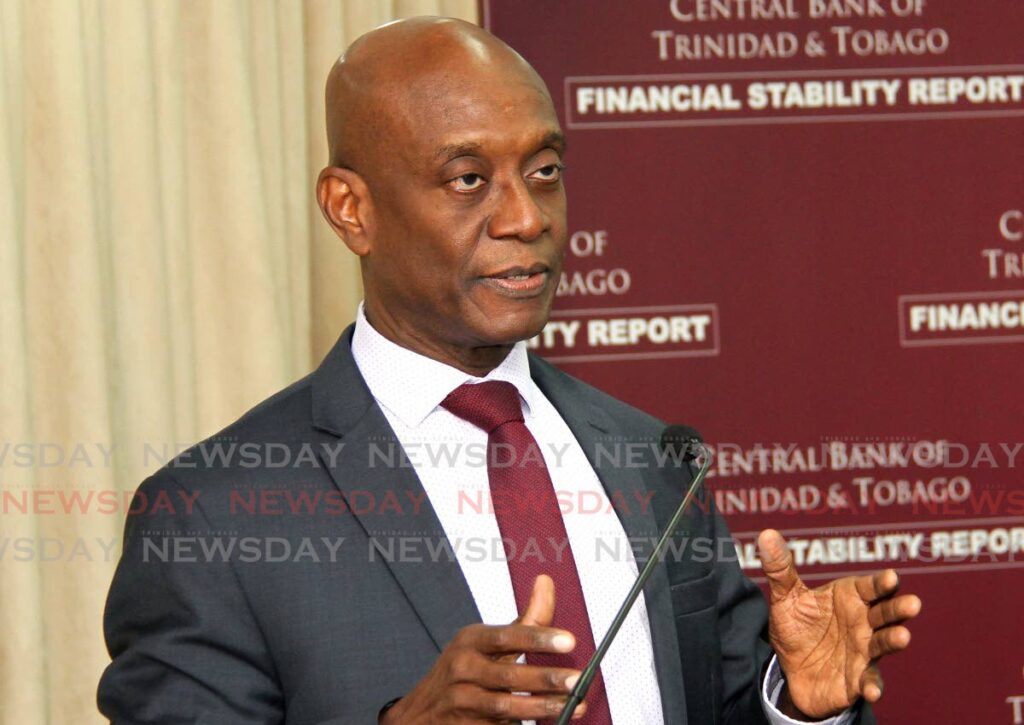Hilaire optimistic about Trinidad and Tobago's electronic money future

THE Central Bank Governor Dr Alvin Hilaire has expressed optimism about Trinidad and Tobago’s journey into electronic money after attending the International Monetary Fund (IMF) annual intergovernmental G24 meeting in Washington, DC on October 22.
The meeting addressed the future of e-money systems and the resources the IMF provides to financial authorities to harness benefits and manage risks.
In a release, published on the Central Bank website, Hilaire said the discussions noted that while there is a projected stabilisation of global growth in 2024 and 2025, emerging markets and developing economies (EMDEs), such as TT, still face risks such as high inflation rates, depreciation of currencies and effects of climate change.
However, IMF said it stands ready to fulfil its role as the centre of the global financial safety net by strengthening the international monetary system and enhancing crisis prevention.
Hilaire said the meeting was helpful as TT continues its journey to include e-money and digital currencies in its day-to-day transactions.
"We are on a journey now to fast payment solutions in TT using the unified payments model of India."
This model allows payments to be made using smartphones without credit and debit cards.
Hilaire said the bank has a crucial role to play in the development and implementation of these technologies.
"Now the Central Bank has to juggle the role of operator, supervisor, overseer and prompter. We spend a lot of time educating the public on knowing how to deal with this new technology and are optimistic that we will do what is necessary."
He said the IMF has been a good supporter of the technical assistance programme established by Fintech.
Launched in February 2020, the Financial Technology Association of TT is a non-profit organisation that works closely with the government and regulators to make TT a Fintech-enabled financial services hub.
"I think they (IMF) were pragmatic, direct and very helpful in shaping how we looked at things. The two key areas they looked at were: How we regulate Fintech and deal with gaps in legislation on crypto-currency."
He said the bank is moving towards fast payments using the Unified Payments Interface (UPI) model, a real-time digital payment system that allows users to send money, pay bills and manage accounts through one app.
He said other organisations such as the World Bank and the Inter-American Development Bank (IDB) can help the technical assistance programme by monitoring, brokering arrangements with different countries, assisting with practical modes of delivery and emphasising a regional approach.
He commended the Caribbean Regional Technical Assistance Centre (CARTAC) – one of the ten Regional Technical Assistance Centers (RTACs) established by the IMF to help countries strengthen human and institutional capacity. The RTACs are designed to help implement economic policies that promote growth and reduce poverty.

Comments
"Hilaire optimistic about Trinidad and Tobago’s electronic money future"